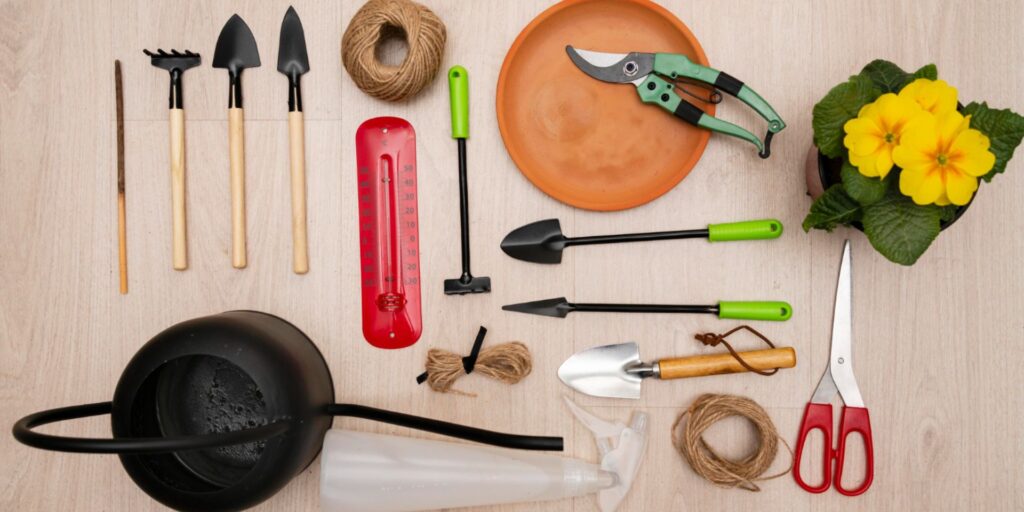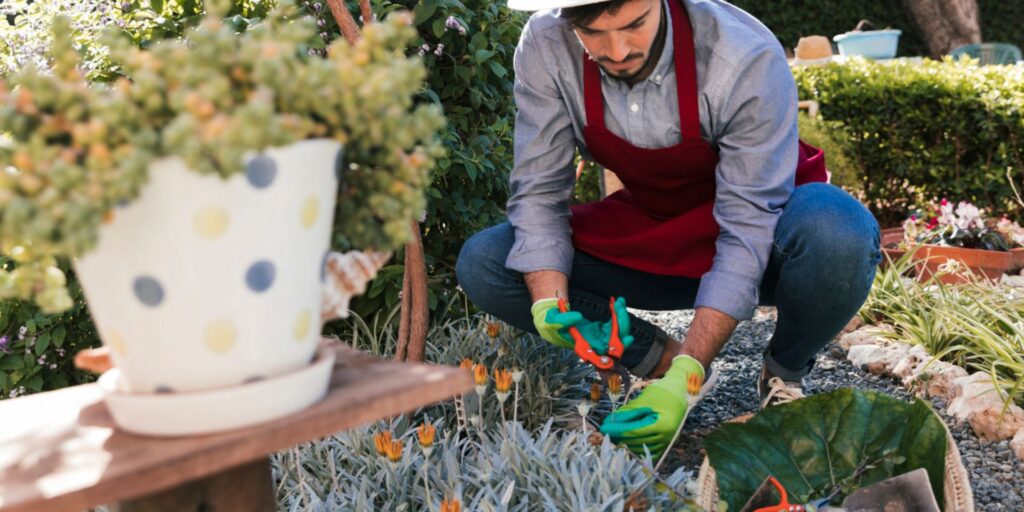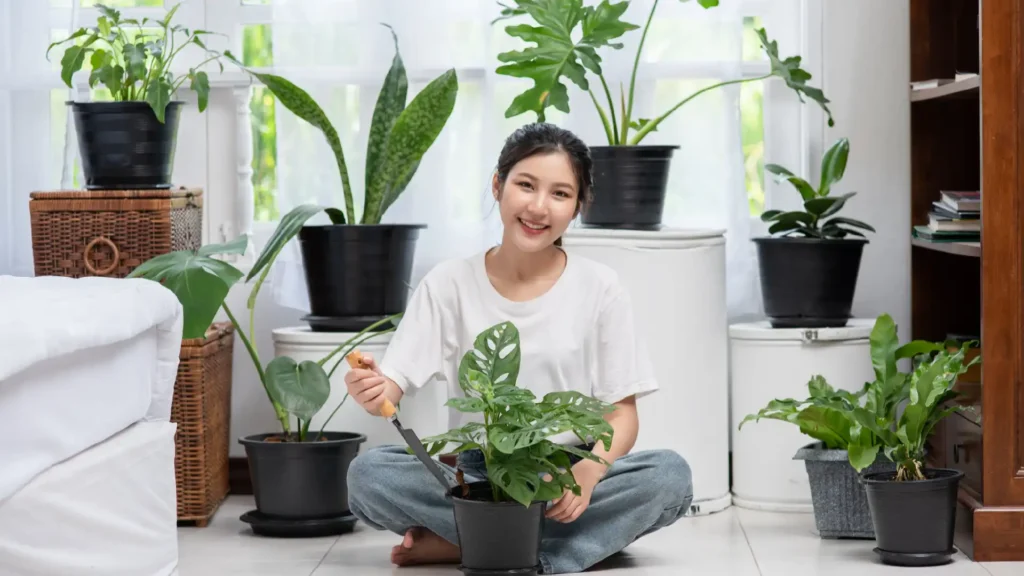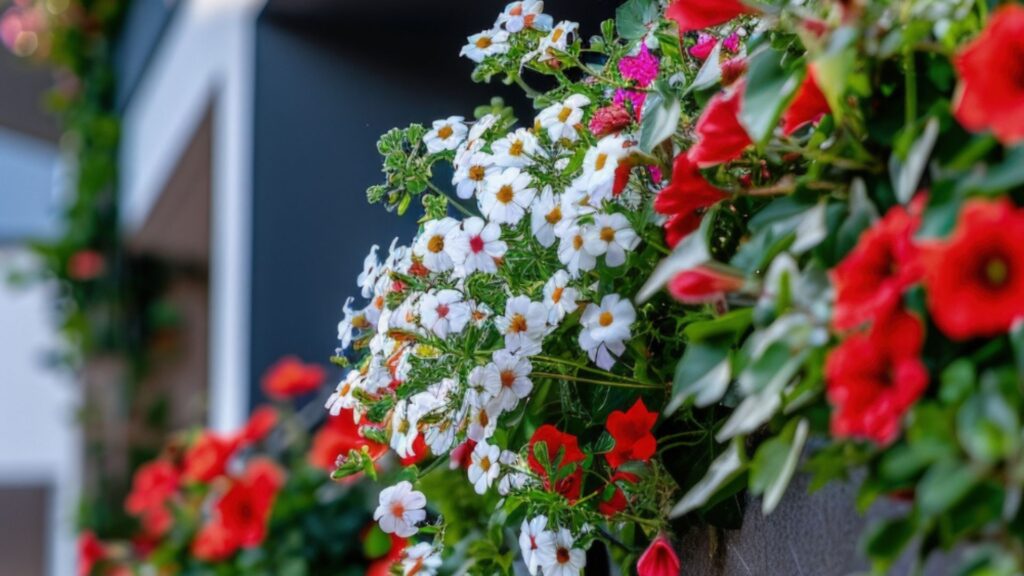Essential Gardening – Gardening is a fulfilling hobby that connects you to nature and brings life to your outdoor spaces. However, the abundance of gardening jargon can feel overwhelming for beginners. To help you confidently navigate the world of gardening, here’s a guide to essential gardening terms you should know in 2024.
Basic Essential Gardening Terms
Understanding these foundational terms will give you a head start in gardening.
- Annuals: Plants that complete their lifecycle in one growing season and need replanting each year. Examples include marigolds and petunias.
- Perennials: Plants that live for multiple years, regrowing each season. Examples are roses and lavender.
- Biennials: Plants that take two years to complete their lifecycle, flowering in the second year before dying.
- Hardiness Zone: A geographic area defined by climatic conditions that determine which plants thrive there. Check your zone on the USDA Hardiness Zone Map.
Plant Growth and Care Terms
These terms relate to the processes and requirements for healthy plant growth.
- Photosynthesis: The process by which plants convert sunlight into energy to grow.
- Germination: The process where a seed sprouts and begins to grow into a plant.
- Deadheading: Removing spent flowers to encourage more blooms.
- Propagation: Reproducing plants through seeds, cuttings, or other methods.
- Pruning: Trimming plants to remove dead or overgrown branches and promote growth.
- Mulching: Adding a layer of material (like wood chips or straw) over the soil to retain moisture and suppress weeds.
Soil and Nutrient Terms for Essential Gardening
Healthy soil is the foundation of a successful garden. Familiarize yourself with these terms:
- pH Level: A measure of soil acidity or alkalinity. Most plants thrive in soil with a pH of 6-7.
- Loam: Ideal garden soil that combines sand, silt, and clay for excellent drainage and nutrient retention.
- Compost: Decomposed organic material added to soil to improve fertility.
- Fertilizer: Substances rich in nutrients (like nitrogen, phosphorus, and potassium) used to boost plant growth.
- Drainage: The soil’s ability to let water flow through it. Good drainage prevents root rot.
Pest and Disease Control Terms
Protecting your plants from pests and diseases is essential for a healthy garden.
- Pesticides: Chemicals or natural substances used to control pests like insects or rodents.
- Beneficial Insects: Insects like ladybugs and bees that help control pests or aid in pollination.
- Fungicide: A chemical or natural treatment used to prevent or eliminate fungal infections.
- Integrated Pest Management (IPM): A sustainable approach to pest control that combines natural and chemical methods.
- Companion Planting: Growing certain plants together to repel pests or boost growth (e.g., planting marigolds with tomatoes).
Essential Gardening Techniques and Methods
Explore different approaches to gardening to find what works best for your space and goals.
- Raised Beds: Elevated garden beds that improve drainage and simplify planting.
- Hydroponics: Growing plants in nutrient-rich water without soil.
- Succession Planting: Staggering plantings over time for continuous harvests.
- Crop Rotation: Changing the location of crops each year to prevent soil depletion and reduce disease risks.
- Organic Gardening: Gardening without synthetic fertilizers or pesticides, focusing on natural methods.
- Permaculture: A holistic approach to gardening that mimics natural ecosystems for sustainability.
Tools and Equipment Terms

The right tools make gardening more efficient and enjoyable.
- Trowel: A small handheld tool used for digging and planting.
- Pruners: Sharp tools for cutting and trimming plants.
- Spade: A flat-bladed tool for digging and moving soil.
- Hoe: A tool used to remove weeds and break up soil.
- Drip Irrigation: A watering system that delivers water directly to plant roots, minimizing waste.
FAQs About Essential Gardening Terms
1. Q: Why is understanding gardening terms important for beginners?
Ans: Gardening terms provide clarity about processes, tools, and techniques, making it easier to plan and care for your garden.
2. Q: Are all gardening terms universal?
Ans: While many terms are common worldwide, some may vary by region or gardening method. Always research localized terms for your area.
3. Q: How can I remember these terms?
Start by using them practically in your garden. Keeping a gardening journal with notes and definitions can also help.
Conclusion –Essential Gardening
Learning essential gardening terms equips you with the knowledge to grow your dream garden confidently. With these terms in your toolkit, you’ll better understand plant needs, soil health, and effective gardening methods. Gardening is a journey of continuous learning—so embrace the process and enjoy watching your skills blossom along with your plants. 🌱



